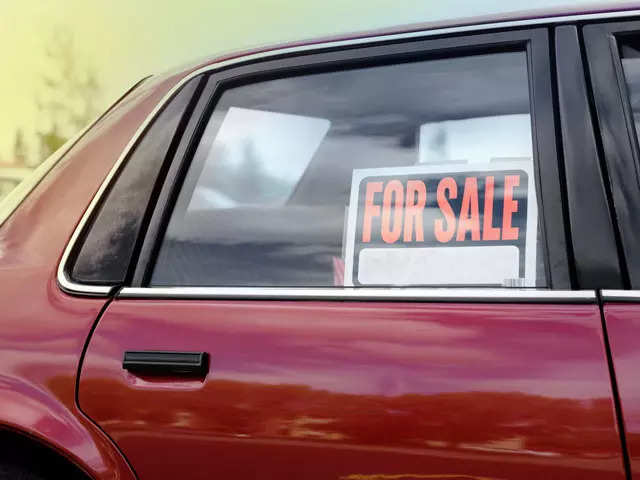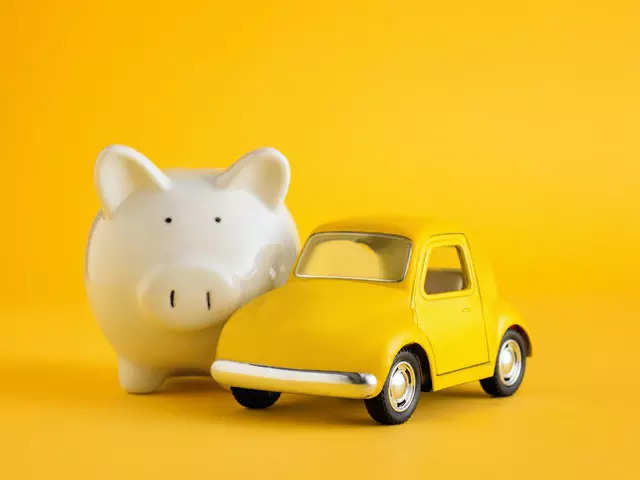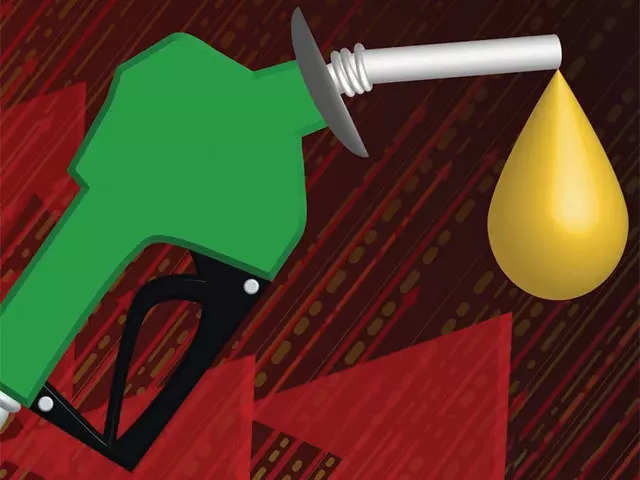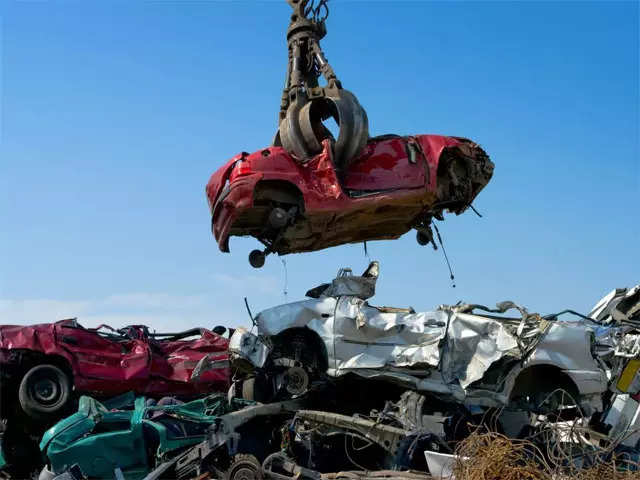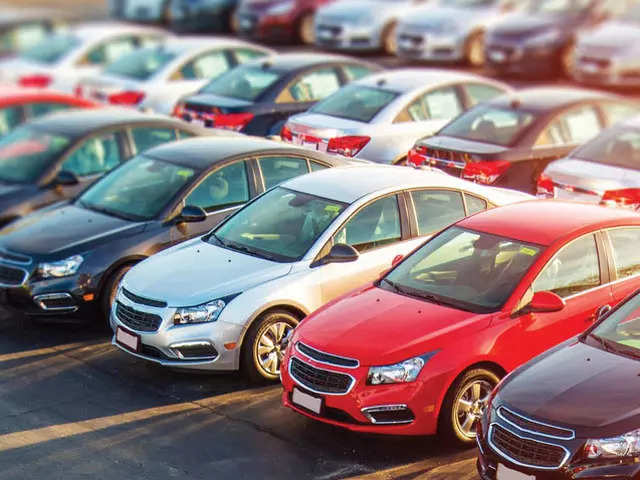More
Mutual FundsSpendP2PData CenterFuel RatesDiesel RatesPetrol RatesBank Pan NumberBank holidaysPenny StocksMF Ratings & NAVTop Performing SchemesTop Star Rated SchemesTop Tax Saving SchemesHighest Risk Adjusted ReturnNew Fund OffersForthcoming DividendsNPSTop Performing NPS SchemeMost Consistent NPS schemesETFPerfomanceLatest PricesListed BondsTraded in Cash MarketULIPsULIP SchemesCalculatorsRecurring Deposit CalculatorFixed Deposit CalculatorLTCG Tax CalculatorIncome Tax CalculatorRent Receipt GeneratorSIP CalculatorIFSC Bank CodeNPS CalculatorInvoice GeneratorEPF CalculatorHouse Property IncomeHRA CalculatorSukanya Samriddhi CalculatorEducation Loan CalculatorCar Loan CalculatorHome Loan CalculatorPersonal Loan CalculatorRisk Tolerance CalculatorFinancial Fitness CalculatorBuy OnlineHealth InsuranceCar Insurance2 Wheeler InsuranceInterest RatesRecurring Deposit RatesFixed Deposit RatesBank Fixed Deposits RatesPost Office Schemes RatesMCLRLoan EMIParticipate & WinStocks & SharesET WealthET Wealth EditionsBuy Wealth MagazineET Wealth Newsletter
